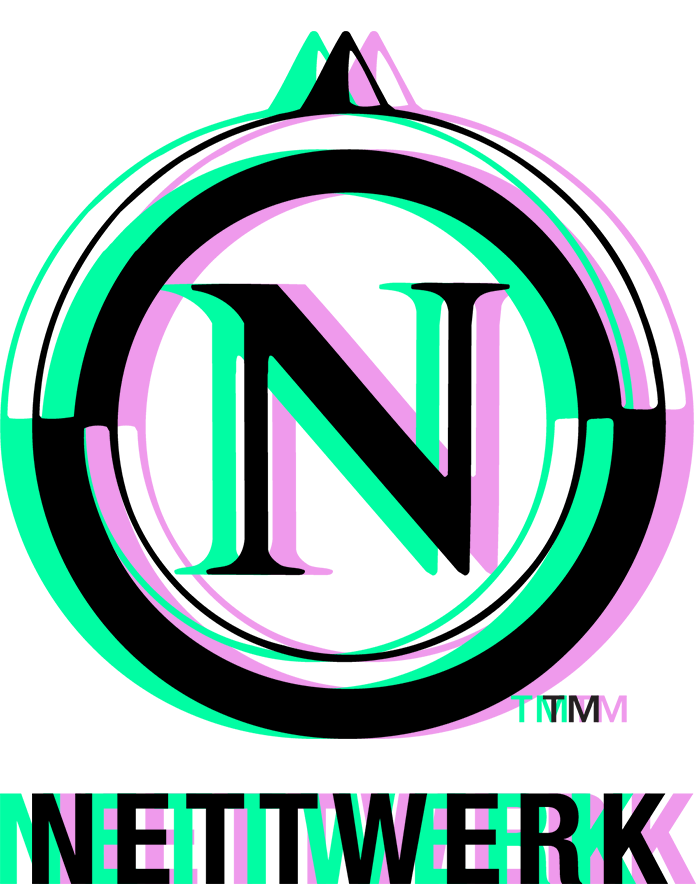Evgeny Grinko
Winter Moonlight represents a gorgeous full-circle for Russian pianist and composer Evgeny Grinko. Across these ten songs, Grinko pushes his melodic sensibilities to the absolute zenith with a patient elegance and little accentuation beyond the glassy figures he’s crafted here. Recalling the emotional potency of Max Richter’s piano-based reveries as well as the filmic drama of Philip Glass’ score work, Winter Moonlight is the latest achievement in what’s already been an incredible career for Grinko.
Grinko’s latest is another brilliant step forward in this chapter of his musical career, which started with his study of guitar while absorbing the sounds of pop culture in his native Zukhovsky. “I loved music in the movies,” he recalls, while also citing iconoclastic artists like Frank Zappa, the Chemical Brothers, and the Prodigy as early founts of inspiration. After time hitting the skins in various noise and rock bands—including an ensemble that counted late Can godhead Damo Suzuki as a member—Grinko started tickling the ivories by his lonesome in earnest around 2007. “I was alone and just playing my piano,” he recalls. “It felt quite natural.”
After years of toiling away, Grinko had a breakthrough in visibility with his 2010 composition “Valse,” which went massively viral after uploading a video of himself performing the song on Facebook. The success of “Valse” led to demands for live performances; during his inaugural gig in Istanbul, he was asked to perform “Valse” a whopping three times. “I was a bit nervous, and I wasn’t sure I was ready to perform as a solo artist,” he chuckles while regarding his beginnings. “It’s much safer to be a musician in a band. When you’re the main person it’s a bit more pressure.”
Such discovery continues to drive Grinko, who now splits time between Istanbul and Berlin after having to leave Russia in 2022 following an arrest for taking part in protesting the invasion of Ukraine—and Winter Moonlight stands as a pure encapsulation of what he’s accomplished thus far while leaving the playing field wide open for what he’ll do next. “I look at this project as mirroring the arc of my career thus far,” he explains while reflecting on his artistic journey. “From my humble beginnings as a post-punk drummer, to unexpected stardom in a neoclassical world I still do not feel I fully belong in, and amidst great life change in the process, I look at Winter Moonlight as a perfect representation of myself at this moment in time.”
Recommended For Fans Of: Max Richter, Johann Johannsson, Phillip Glass, Olafur Arnalds, Ludovico Einaudi, Nils Frahm
